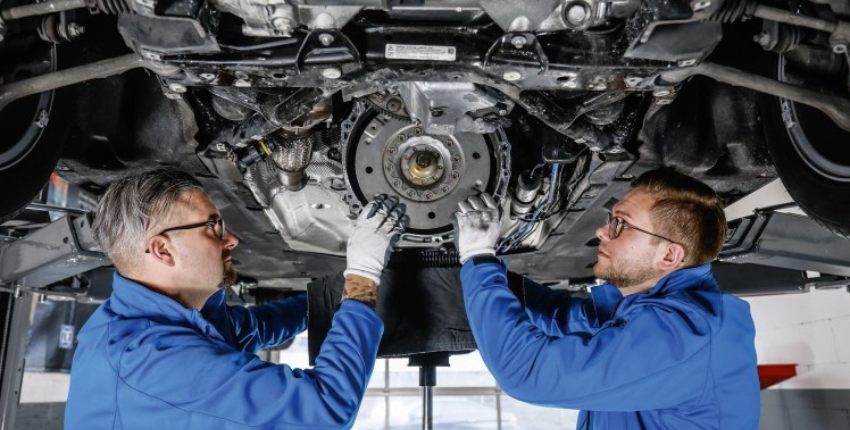Not sponsored by your transmission, but it probably wishes it was.
Let’s talk about a part of your car that doesn’t get much love until it stops working: the transmission.
It’s not glamorous. It doesn’t get cool chrome upgrades or Instagram shoutouts. But your transmission is a big deal. It handles all the heavy lifting when it comes to moving your vehicle through gears, and through life.
So here’s a crash course (not literally, hopefully) on what it does, what can go wrong, and how to keep it running like a dream for as long as possible.
What Your Transmission Does (and Why It Deserves Respect)
In simple terms, your transmission takes all the raw power from the engine and turns it into controlled motion. It allows your car to shift gears depending on how fast you’re going, whether you’re cruising down the highway or inching through a school pickup line.
If the engine is the muscle, the transmission is the brainy strategist that tells it how to use that muscle without blowing out the whole system.
Why Transmission Fluid Is the Real MVP
Transmission fluid is like the bloodstream of your transmission. It cools, lubricates, and gives it the hydraulic power to function. Without it, things get ugly—fast.
Over time, fluid breaks down. It gets dirty with fine metal particles and loses the additives that protect your transmission. Old fluid can’t cool as well. It can’t lubricate as well. And it definitely can’t protect as well.
Ignoring it? That’s like running a marathon in August without drinking water. Not ideal.
How Heat Wears Down Your Transmission Fluid
Most automatic transmission failures come down to one culprit: heat.
Hot fluid breaks down faster. And once that protective layer is compromised, gears start to wear down. Small issues compound. Before you know it, your transmission starts hesitating, slipping between gears, or making that noise you wish you’d never heard.
This is where routine checks and fluid changes come in. They’re the small investments that keep big repairs off your to-do list.
Warning Signs of Transmission Trouble
Your transmission isn’t subtle when it’s in trouble. Here are a few signs it might be time for a check-up:
- Delayed or jerky shifting
- A burning smell, especially after longer drives
- A reddish puddle on your driveway
- Grinding or clunking sounds
- Dashboard lights coming on, particularly the Check Engine light
Most of the time, these signs don’t mean the transmission is toast, but they do mean you should act fast. Like most things in life, transmission issues don’t usually get better on their own.
When to Check or Change Transmission Fluid
This depends on your make, model, and how you drive. Most manufacturers suggest changing the fluid every 30,000 to 60,000 miles, but that range can vary.
If you do a lot of towing, drive in stop-and-go traffic, or live where hills and heat are common, your transmission works harder. That means your fluid might need to be changed more frequently.
Some vehicles have sealed transmissions without a dipstick, but that doesn’t mean they’re maintenance-free. It just means you need a professional to check the level and condition. If your car does have a dipstick, checking it occasionally can help you catch a problem before it gets expensive.
How to Spot and Handle Transmission Leaks
Leaks might look like minor annoyances, but they can lead to major issues.
Transmission fluid doesn’t evaporate like engine oil. So if it’s low, it’s likely leaking. And because it’s often under pressure, even a small crack in a seal or hose can cause a steady drip, and a slow march toward damage.
You’ll usually notice a reddish fluid under your car when it leaks. If you spot something, get it checked before it turns into a repair bill that eats your vacation budget.
Everyday Habits That Extend Transmission Life
Let’s wrap this up with a few low-effort habits that go a long way toward extending the life of your transmission:
- Keep up with fluid changes. Seriously, it’s not just a checkbox.
- Look for leaks and odd smells. Your nose and driveway are great diagnostic tools.
- Avoid aggressive driving. Flooring it off the line might be fun, but your transmission disagrees.
- Fix small problems early. Don’t let “it only happens sometimes” become “it doesn’t work at all.”
Your transmission is built to last, but it’s not indestructible. Give it a little attention now, and it’ll return the favor by keeping your vehicle on the road, shift after shift, mile after mile.
Let’s Check Your Transmission Before It Fails
If your transmission’s been acting up, or you’re not sure when your last fluid service was, now’s a good time to check in. Our team of ASE technicians can inspect it, walk you through your options, and help you make the right call before small issues become big ones.
Want to book an appointment? Click here to schedule online, or call either of our locations (DeKalb and Sycamore). We’ll take care of your car like it’s our own and you can leave the gear-shifting stress to us.

